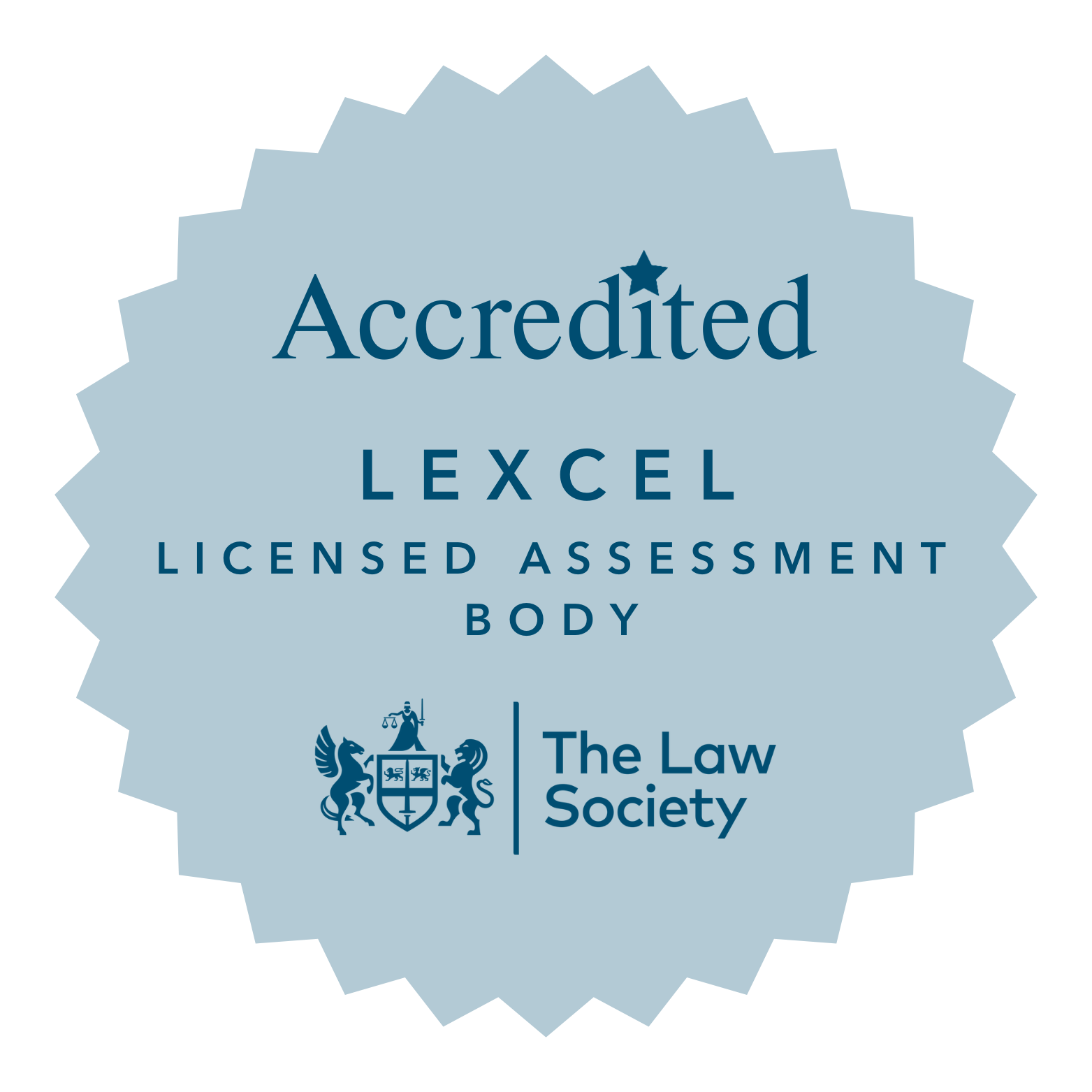The Prime Minister announced on Tuesday 2 October 2018 that the law will be changing to allow mixed-gender couples to enter into civil partnerships.
The Civil Partnership Act 2004 introduced Civil Partnerships in 2004 for same-sex couples, before same-sex marriages were legalised in England and Wales in 2014 by the Marriage (Same Sex Couples) Act 2013. The aim of civil partnerships was to give same-sex couples similar rights afforded to mixed-gender couples through marriage. Since the legalisation of same-sex marriages, same-sex couples have been able to choose between getting married and entering into a civil partnerships, however, this was not the same for mixed-gender couples.
The change in the law comes three months after London couple, Rebecca Steinfeld and Charles Keidan, campaigned for the right to form a civil partnership as an alternative to marriage and endured a four year legal battle which concluded with the Supreme Court ruling in June 2018 that the current law was incompatible with the European Convention on Human Rights and discriminated against mixed-gender couples.
Why civil partnerships?
So why would mixed-gender couples want to enter into a civil partnership?
In their petition for civil partnerships to be made available to mixed-gender couples, Rebecca Steinfeld and Charles Keidan argued that marriage in the UK had ‘treated women as property for centuries, excluded same-sex couples until 2014, and still leaves room only for fathers’ names on marriage certificates’ and they wanted to raise their children ‘…as equal partners and feel that a civil partnership – a modern, symmetrical institution – sets the best example for them.’
Secondly, some mixed-gender couples do not follow a particular religion, therefore, do not want to get married due to marriage having religious connotations. Cohabiting causes problems for couples, when they separate or one partner dies, as they will have very few rights to property, inheritance or pensions. By entering into a civil partnership, mixed-gender couples will get the same benefits afforded to married couples without having to go through the marriage process.
Another reason for mixed-gender couples wanting to enter into a civil partnership over getting married is simply because they object to marriage as an institution due to its associations with property and patriarchy.
Although marriage and civil partnerships have equal legal treatment, for inheritance, tax, pensions and next of kin arrangements, and the rules for dissolution are the same, the only difference, legally, is that adultery cannot be used as evidence that the civil partnership has ‘irretrievably’ broken down.
If you have further questions in relation to civil partnerships, please do not hesitate to contact us on 0207 976 2233 (Bedford Row office) or 01784 426 710 (Staines Office) and we will be happy to help.


